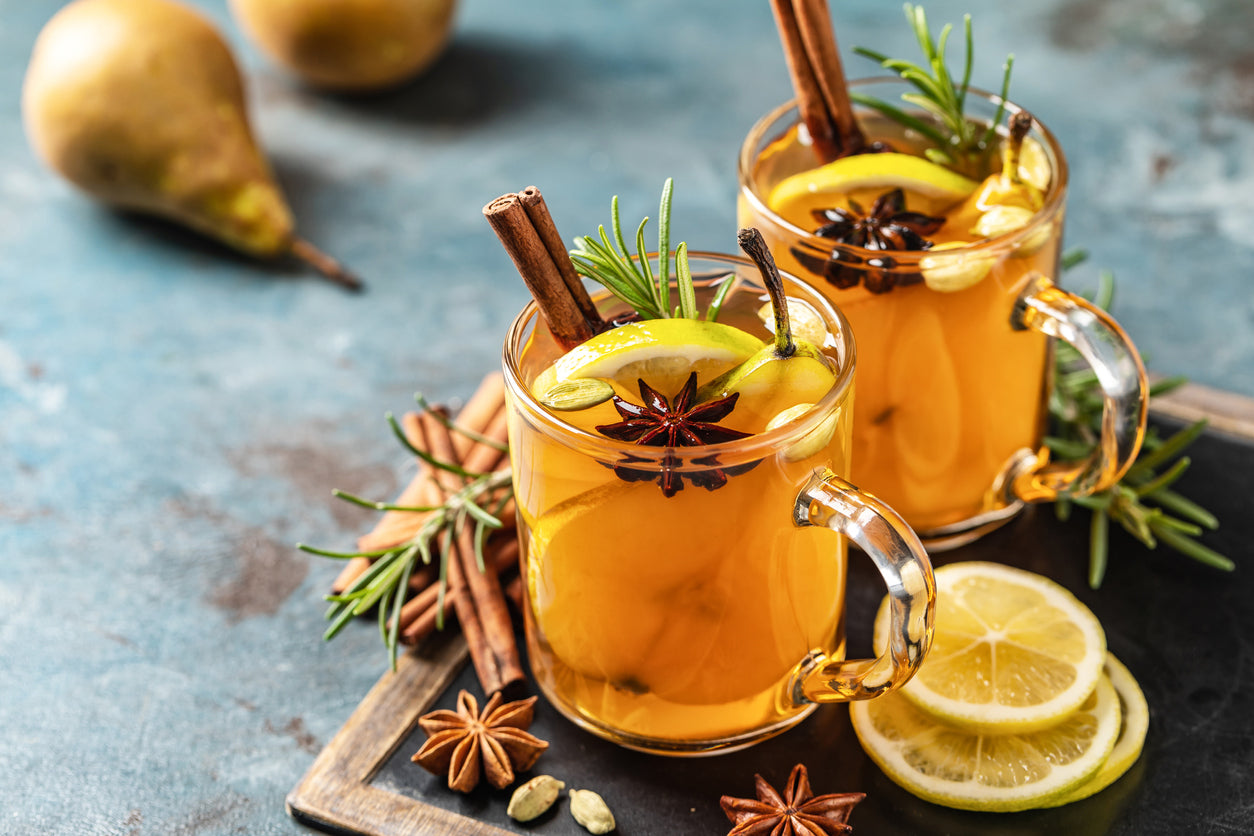Why would cardamom be GOOD for the heart

With its luxurious, flowery fragrance and rich taste, it's easy to see how cardamom earns its unofficial title, "the queen of spices." This distinctive seasoning plays a major role in South Asian cuisine, where it is a key ingredient in garam masala – a specific combination of powdered spices that imparts memorable flavor and warmth in recipes. However, cardamom is also an important herbal medicine.
For millennia, Ayurvedic and Traditional Chinese healing systems practitioners have relied on cardamom seeds, pods, and powders to help heal various health issues - including gallstones, toothaches, liver disease, and stomach ailments.
The secret to cardamom's healing powers may lie in its high content of cineole - a potent antioxidant - and limonene, a flavonoid also found in citrus fruits. Let's look at some ways cardamom can benefit heart, liver, and digestive health.
Wonderful NEWS: Cardamom can LOWER the risk of heart disease
According to the U.S. Centers for Disease Control and Prevention (CDC), heart disease - the leading cause of death in the United States - claims a life every 36 seconds. While various factors contribute to the development of heart disease, scientists now know that chronic inflammation and oxidative damage both play a major role.
Studies have shown that cardamom constituents can inhibit the release of pro-inflammatory molecules while neutralizing the harmful free radicals that cause oxidative stress. This can pay off in better cardiovascular health. Researchers report that cardamom may lower high blood pressure, reduce the risk of dangerous blood clots, improve circulation, and decrease levels of triglycerides (fats) in the blood.
In a placebo-controlled clinical study involving overweight and obese pre-diabetic women and published in the Journal of Diabetes and Metabolic Disorders, 3 grams of green cardamom a day lowered levels of LDL cholesterol while appearing to protect stores of HDL cholesterol. The volunteers who took cardamom also experienced desirable increases in insulin sensitivity, which helps to ward off high blood sugar.
Think about improving your liver function (This is important!)
Experts say that rates of nonalcoholic fatty liver disease (NAFLD) - which is triggered by an excess of calories rather than alcohol - are surging in the United States. Some medical authorities refer to NAFLD as an emerging epidemic.
In 2017, an animal study published in Lipids, Health, and Disease showed that powdered cardamom helped to improve glucose sensitivity and prevent obesity in rats fed a high-carb, high-fat diet. Obviously, this type of diet can set the stage for NAFLD, type 2 diabetes, and overweight in animals as well as people. However, researchers reported that cardamom worked against these conditions by "normalizing" liver enzymes, reducing liver scarring, and preventing the accumulation of harmful abdominal fat.
Cardamom also benefits the liver by increasing levels of two important antioxidant enzymes, superoxide dismutase and glutathione. Both are indispensable to the liver's ability to neutralize toxins and free radicals. In fact, glutathione is so crucial to liver health that hospitals use it as a "go-to" treatment for liver failure.
Aid digestion and ease heartburn with the "queen of spices"
Because cardamom enhances the secretion of bile acids and stimulates metabolism, some natural health experts advise it for treating digestive problems such as dyspepsia (indigestion), bloating, nausea, and acid reflux.
Cardamom has natural antispasmodic effects that may help it reduce stomach cramps. In addition, the antibacterial properties of cineole in cardamom could allow it to inhibit the H. pylori bacteria responsible for stomach ulcers.
There is also some evidence that cineole can not only prevent ulcers - but heal them. In research published in PLoS One, researchers credited cineole with gastroprotective effects and reported that it reduced gastric lesions.
How should I use cardamom?
You can enjoy the opulent taste of cardamom by including it in recipes for hot (or cold) teas, curries, casseroles, marinades, and stuffing dishes. You can also use cardamom in beverages by blending it into smoothies or mixing it with almond (or raw dairy) milk, black tea, and spices to make the South Asian specialty masala chai.
Cardamom seeds - a natural breath freshener and oral antiseptic - can also be eaten out of hand as a snack or nibbled after meals. Finally, some cardamom aficionados advise toasting the pods over medium heat until they are fragrant - then enjoying them drizzled with organic extra virgin olive oil.
By the way, there are two distinct types of cardamom – green and black. Green cardamom, also known as "true" and "lesser" cardamom, is botanically known as Elettaria cardamomum. Black cardamom, or Amomum subulatun, is known as "winged" cardamom. If you're unsure which one to use, no worries-- both varieties have potent health benefits.
Finally, you can take cardamom in supplementary form. Natural healers typically recommend 500 mg of cardamom powder once or twice a day, but check first with your holistic healthcare provider before supplementing. So, maybe it's time to let the "queen of spices" reign in your diet and health routine. Enjoy!
Sources for this article include:






